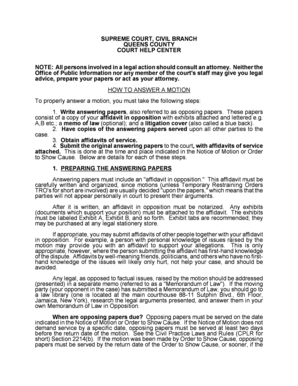


Investment accounts naming a Transfer on Death (TOD) beneficiary.Bank accounts naming Payable on Death (POD) beneficiaries.

Life insurance that names beneficiaries other than “estates” or “my estate”.Jointly-owned bank accounts – unless the clear intent of the joint account is that it would not be retained by the surviving joint owner.The following are some examples of assets owned by a deceased person that are normally considered non-probate assets. There are a wide range of assets owned by a deceased person that are not typically considered probate assets. The nature of the assets, the family situation, and prior estate planning all factor in.* What is a Probate Asset?įiguring out which assets are probate assets can be a complicated task. If the probate assets are less than that amount, we implement a Transfer by Affidavit to avoid the court probate process and costs. We then ascertain whether those probate assets total more than $50,000. As experienced estate planning attorneys, our first step is to determine which assets are subject to probate. On enough occasions, Wisconsin residents contact us after having been told by a bank or insurance company to start a probate to get access to a bank account, life insurance policy, or other assets of a loved one. Where a small estate (under $50,000 in total assets) is likely to be subjected to probate, we can sometimes utilize a Transfer by Affidavit to avoid probate. We spend a lot of time working with clients crafting estate plans to avoid probate.
#MEMORANDA OR AFFIDAVIT FORM FOR WISCONSIN FULL#
Start Planning Now » A Simplified Wisconsin Procedure for Small Probate AssetsĪ full probate is time-consuming and can be costly.


 0 kommentar(er)
0 kommentar(er)
